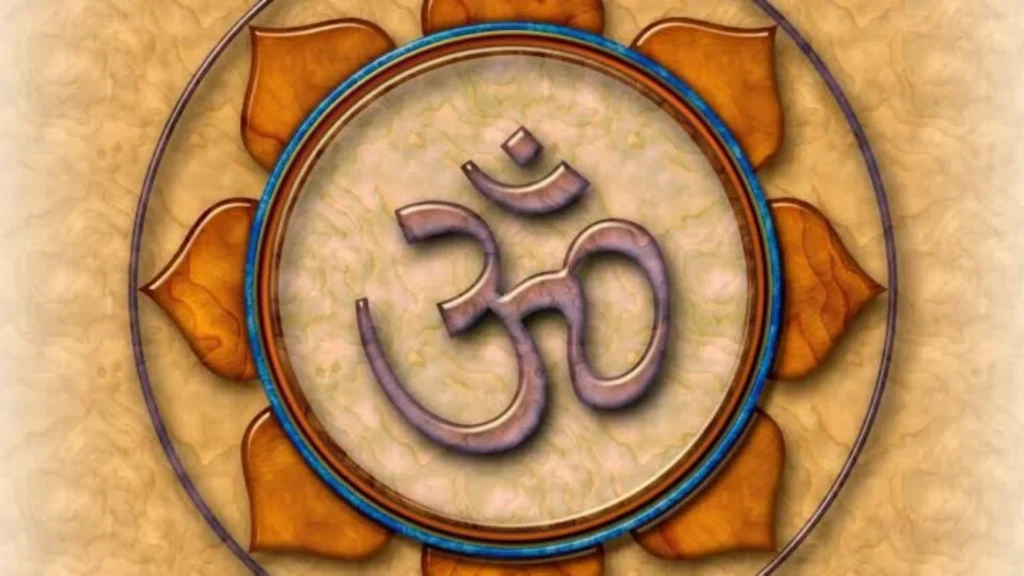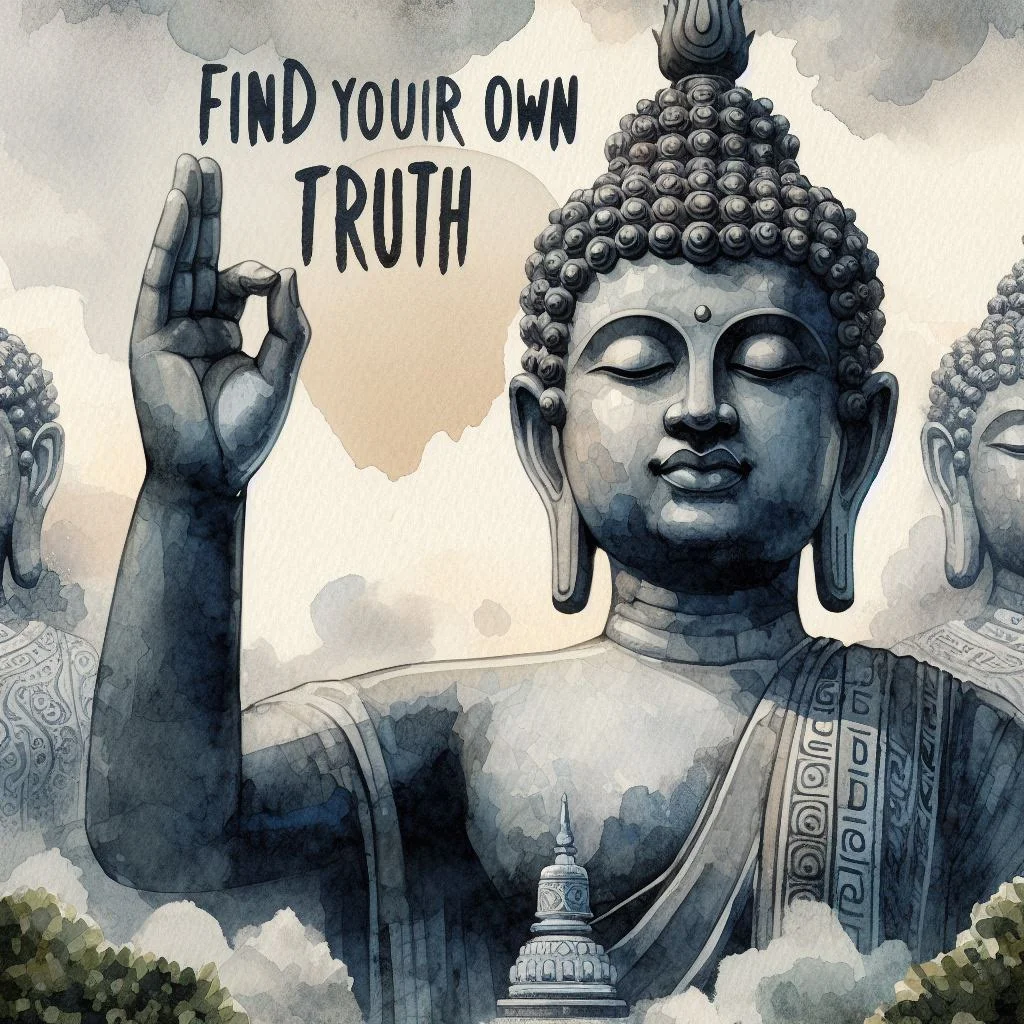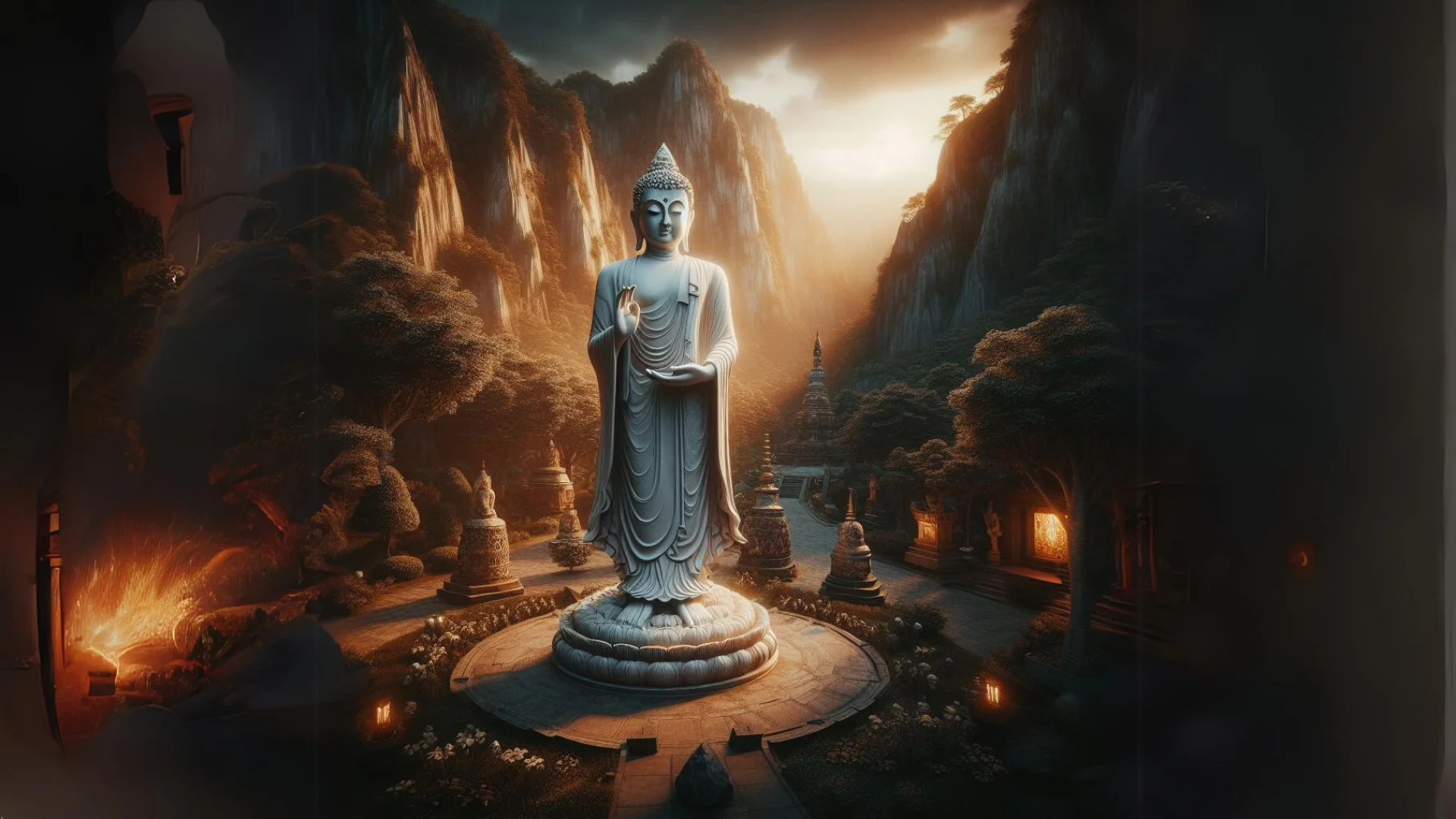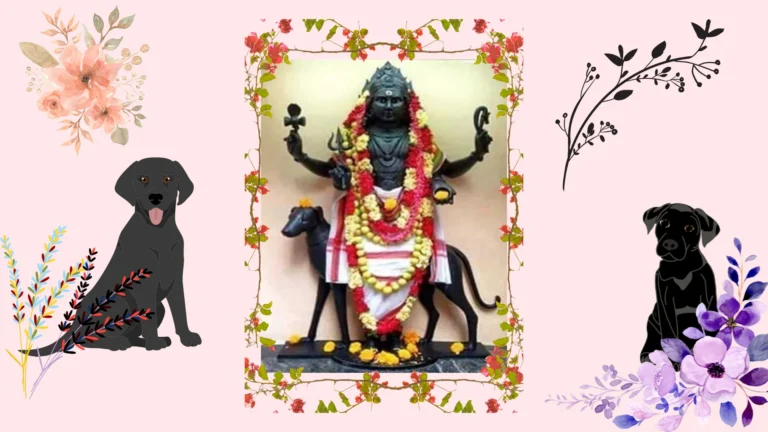Please Like the Blog and Use the Share Button Below for Maximum Reach
Table of Contents
In this blog, we shall understand the fundamentals of Buddhism and how the Buddha established his point of ending human suffering through Buddhist Practices.
Universality of Sanatana Dharma
Sanatana Dharma is universal. The fundamentals of Sanatana Dharma abound in religions such as Sikhism, Jainism, and Buddhism. In a certain way, these religions are no different from Sanatana Dharma. They are rooted in Sanatana Dharma. Buddhism in particular is close to my heart. The Life of the Buddha, the Four Noble Truths, The Eight-fold Path, Karma, the Cycle of Birth and Death, the dependent origination, the three universal characteristics and five aggregates sum up the spectrum of Buddhism.

Like many people in India, even people from south-east Asia where Buddhism was much appreciated until recently, people consider Buddhism to be old-fashioned and clichéd. I must say that this view point is skewed and myopic.
Depth in Buddhism
As is the case with traditional Sanatana Dharma, Buddhism is advanced and operates at a very deeper level. It is in fact the language of the soul, if one is to study Buddhism with all sincerity. Buddhism does not bind itself to dogma, society or ethnic group. Buddhism works towards dismantling our inner constraints.

It is focused towards deconditioning the mind. Thus, it is aimed at attaining a state which is beyond mind and mind games. There are certain religions that are culture-bound, Judaism is one example. Buddhism is not. That is why historically we have Indian Buddhists, Thai Buddhists, Chinese Buddhists, Sri Lankan Buddhists, Burmese Buddhists and so forth.
Buddhism is not Culture-Bound
However, real Buddhism is even beyond these country based adjectives, where one attempts to go beyond personal or country specific influences to the state of Anatta. You will find our topic on Anatta Buddhism interesting. Let’s get back to our topic. In reality, Buddhism is not culture-bound. It moves very easily from one culture to another because the emphasis in Buddhism is on internal practice rather than on external practice.
The Emphasis of Buddhism is to go Beyond Mind
In the least, it has nothing to do with your personal belief systems, fears, or biases. It is simply a practice that aids you to go beyond the influences of the mind, towards a space that is unbounded. Its emphasis is on the way you develop your mind and get beyond it rather than the way you dress, the kind of food you take, the way you wear your hair and so forth.
One attempts to dismantle biases hastily. Buddhism is pure science in many ways. That is, if something works, use it, develop it. It is very much a part of political, economic and scientific philosophy. This attitude of pragmatism is clearly expressed in the Cula Malunkya Sutra where the Buddha states the example of the wounded man. The man wounded by an arrow wishes to know who shot the arrow.

Buddhism Intelligently Solves the Problem called the “World”
He will want to know from which direction it came to hit him, whether the arrow head is made of bone or iron, the type of wood or metal used to craft the arrow etc. This man is likened to those who would like to know about the origin of the Universe, whether the world is eternal or not, finite or not before they will undertake to practice a religion. The man in the story will die before he has all the answers he wants regarding the origin and nature of the arrow.
Such people will die before they will ever have the answers to all their irrelevant questions. This example highlights what we call the Buddha’s practical attitude. It has a lot to say about the whole question of priorities and problem-solving. We would not make much progress developing wisdom if we ask the wrong question. It is essentially a question of priority. The Buddha has direct answers to the pressing problems of the world.
8 Questions from Sanatana Dharma
The scores generated in this quiz are absolute. There are right or wrong answers to each Question. A percentage towards 100 indicates that you are more aligned to the overall subject.
The Buddha directly Attacks the source of all Problems
By addressing the issue of suffering, the Buddha saves mankind from a lot of wasted time that people spend, by asking the wrong questions.

The Buddha recognized this and said it is of no use for us to speculate whether the world is eternal or not because we all have got an arrow in our chest, the arrow of suffering. We have to ask questions that will lead to the removal of this arrow. One can express this in a very simple way.
We can see that in our daily life, we constantly make choices based on our assumed priority. This priority is set up by the wrong signals that our senses and inner instruments send to the mind. Unfortunately, the mind considers all this false information to be correct. Signals of the external world on the mind are essentially promoted by lust, anger, greed, illusion, self-pride, and envy.
“End of Suffering” is the Goal of the Buddha
More often than not, we arrive at biased decisions heavily tilted towards our own erroneous, unbalanced conclusions about life and intentions. The Buddha thus focuses on the point of ending suffering, taking it up on a war footing. If suffering is put to an end by some means, our minds will clear up, rid of the six enemies and all other questions will automatically disappear.
Another point that I would like to refer to is the Buddha’s teaching on the importance of verification through experience. This point is made clearly in His advice to the Kalamas contained in the Kesaputtiya Sutra. The Kalamas were a class of people very much like us in our modern day, when we are exposed to so many teachings and situations. They went to the Buddha and questioned Him. They had this view that as there were many teachers and as all of them claimed that their doctrine was true, how were they to know who was telling the truth.
Verification through Direct Experience
The Buddha told them not to accept anything out of authority, not to accept anything because it happens to be written down; not to accept anything out of reverence for their teacher; or out of hearsay; or because it sounds reasonable.

But to verify, test what they have heard in the light of their own experience. When they know for themselves that certain things are harmful, then they should abandon those things and come out clean with this process of elimination.
When they know for themselves that certain things are beneficial that should make them calm and happy and thus should follow those practices. Thus, the Buddha concludes that a person should verify his experience in the light of his knowledge. In the context of the Buddha’s advice to the Kalamas, I think what the Buddha is saying is to use your own mind as a test tube.
You can see for yourself that when greed and anger are present, they lead to suffering, pain and disturbance. And you can see for yourself that when greed and anger are absent from the mind, it leads to calm, to happiness. It is a very simple experiment which we all can do for ourselves.
Please Like the Blog and Use the Share Button Below for Maximum Reach
You display your love by reading this valuable material. So kindly read and consider financially supporting us to keep our efforts going with renewed vigor! Supporters in India can donate via Razorpay while those abroad can use PayPal!






